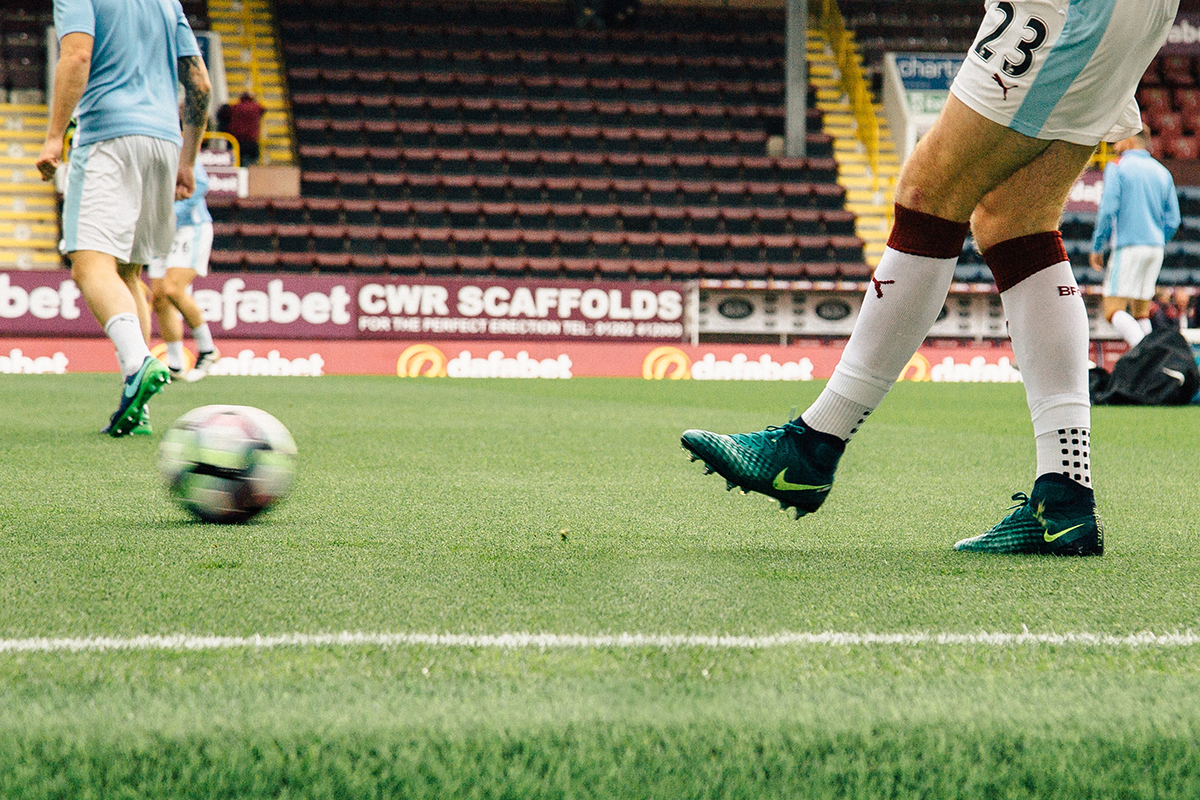Athletes & Mental Health: Misconceptions and Stigma
By Sarah Farris, LCPC
There are many misconceptions about athletes. For example, it may appear that dedicating significant time to a sport makes one less prone to anxieties. However, athletes can experience challenges with worry, motivation, performance anxiety, and perfectionism. This is because demands to perform well aren’t always easy to manage.
The following are some common misconceptions regarding anxiety in athletes. Getting familiar with these misconceptions can help build awareness about anxiety and offer guidance on how to reduce the stigma.
Mental Toughness, Pressure, and Motivation
People often encourage athletes to be “mentally tough,” to stay calm under pressure, and to “take frustrations out on the field.” It is true that drive, determination, and resiliency can be powerful in sport performance. But they can also take time to develop. Plus, it may require special attention and practice to learn how to access and apply such skills. Demanding that athletes ignore or push through a difficulty suggests that they do not (or should not) struggle with psychological or emotional stress.
Here are some examples of misconceptions:
- Athletes are better at “mental toughness.” They can easily combat negative thoughts.
- Athletes are always driven. They never struggle with motivation.
- Athletes know how to stay calm under pressure. It’s part of their sport.
- Taking stress out on the field helps improve performance.
- Challenges make athletes more resilient, which makes them better at their sport.
- Negative self-talk does not impact athletes.
- Mental health struggles are “weakness.”
Why are these statements harmful?
Most of these generalizations assume that athletes are naturally driven, do not experience pressure, or generally have fewer difficulties in their lives compared to non-athletes. However, it is not reasonable to assume what someone is going through based on knowing one detail about them.
Things to Consider Instead:
- Physical talent is indeed impressive, but athletes are not superhuman.
- Anxiety or any other mental condition is not “weakness”, nor is it any individual’s fault.
- Nearly everyone will experience moments of distraction, nervousness, or drops in motivation, so it is unfair to assume that athletes are exempt from such challenges.
- If an athlete does face a difficulty in life or in their performance, having trusted and encouraging supporters is important in protecting their mental and emotional wellbeing.
Perfectionism, Social Pressure, and Rituals
In sports environments, athletes are introduced to subcultures. Plus, many athletes and teams perform rituals like wearing “lucky” socks or tapping a symbolic object. Rituals like these can develop out of a consistent routine or may be related to a superstition. They may be carried out to help athletes feel optimistic or confident about performance. These are generally harmless and may even be integrated within a team’s culture.
When on a team or competing with peers, athletes often face social comparison. Comparing one’s abilities to teammates may be unavoidable, but if taken too far, it can interfere with one’s focus on their own development.
Participating in a sport also includes the attempt to master technical skills. It’s understood that consistent training is needed to master the skills to succeed in a sport. However, there are differences between superstition and OCD, and the pursuit of excellence vs perfectionism.
Here are some examples of problematic assumptions:
- Meticulous evaluation helps athletes get better.
- Perfectionism is great for athletes. It helps athletes be more successful.
- Athletes aren’t distracted by being observed or in the spotlight.
- By nature, a team lets athletes feel welcomed and feel a sense of belonging.
- It is an athlete’s “job” to always be precise.
- Any ritual an athlete has will help them maintain focus and confidence.
Why are these statements harmful?
These statements ignore that overexerting oneself can be detrimental to one’s emotional and physical wellbeing. They also suggest that group cohesion is guaranteed or that rituals are simply quirks.
Things to Consider Instead:
- Rituals in sports are not the same as OCD.
- Rejecting anything less than perfect can disrupt performance. However, encouraging the pursuit of excellence can be enhancing.
- It may feel natural to praise one's talent and focus to get better. Finding a balance between perfectionism and working towards precision is key.
- Spending a substantial amount of time overthinking, ruminating, or comparing oneself to others can interfere with focus.
- Worrying about performing in front of others or fearing embarrassment, rejection, or humiliation to the point that it impacts the ability to regularly participate may be a sign of anxiety. Other signs may include avoidance of regular sport related activities, spending several hours worrying or completing compulsive behaviors, or showing up late to practice.
Reducing the Stigma
It’s important to note that anyone can experience anxiety, whether they are an athlete or not. Talking about it helps athletes know how to recognize anxiety. Normalizing anxious feelings, responding with compassion, and understanding with empathy can help athletes feel like they are not alone. Learning how to approach anxiety can help encourage emotional wellbeing and can build confidence in athletes.



